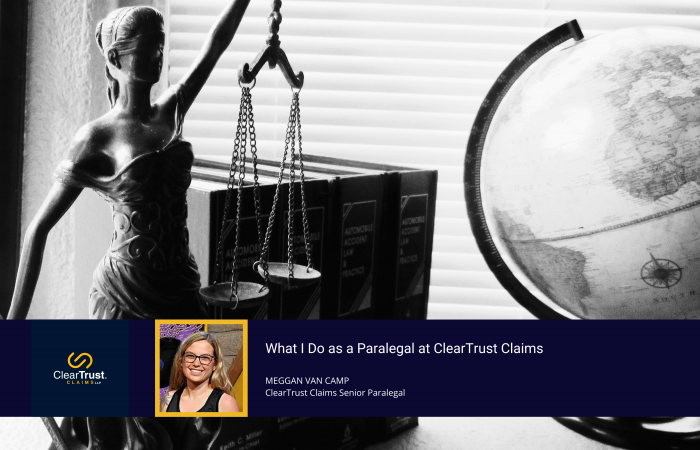During the past 20 years or so, many companies that were involved in asbestos mining and production, and use and sale of asbestos-containing products, have established trusts holding billions of dollars to compensate individuals suffering from asbestos-related disease. The trusts provide compensation not only for asbestos-related cancers like mesothelioma but also non-malignant asbestos-related disease. Generally, the trusts list three qualifying non-malignant diseases: (1) severe asbestosis, (2) asbestosis/pleural disease with documented impaired lung function, and (3) asbestosis/pleural disease without impaired lung function. In this article, we will describe the medical findings and documentation required for each of these diseases.
All three diseases require a baseline diagnosis of bilateral asbestos-related nonmalignant disease. This disease is evidenced by bilateral (both lungs) thickening of areas of the lining of the lungs. The lining is called the pleura or the pleural membrane, and areas of thickened pleural membrane are called pleural plaques. These plaques show up on x-rays (sometimes) and CAT scans (more reliably). Pleural plaques do not necessarily cause impaired lung function; if not, trusts will still provide compensation for a diagnosis of bilateral asbestos-related nonmalignant disease if the individual applying for compensation can demonstrate the required exposure to asbestos.
If you have pleural plaques accompanied by impaired lung function, you can qualify for a higher payment. Lung function is measured by a pulmonary function test (“PFT”). One part of the test, called spirometry, measures how much air the lungs can hold and how quickly that air can be expelled. Another part of the PFT measures total lung capacity (all the air your lungs can hold, including the part that is left in the lungs after you breathe out). While there are details, generally a test that shows less than 80 percent (compared to a healthy population) on spirometry or total lung capacity qualifies for the second, higher level of asbestosis/pleural disease.
Severe asbestosis, the most serious non-cancer diagnosis for which you can receive compensation, requires spirometry/PFT results less than 65 percent of the norm. In addition, qualification for severe asbestos compensation requires that chest radiographs be examined by a radiologist certified as a “B-reader” by the National Institute of Occupational Safety and Health. B-readers have specialized training in examining chest radiographs for evidence of interstitial lung disease, i.e., disease caused by infiltration of the lungs by small particles or fibers such as asbestos. Trust applicants are unlikely to have had a B-reading and this will have to be arranged as part of the trust application process.
You are entitled to copies of all your medical records, including x-rays and CAT scans. ClearTrust Claims will assist you in obtaining the required medical records and will arrange a B-reading of your radiology exams if this is necessary in your case.
What do you do if you are sick but your doctor has not diagnosed your disease as asbestos-related? You may still qualify. Read the following article: If Your Doctor Has Not Officially Diagnosed Your Disease As Asbestos-Related.
If you have been diagnosed with mesothelioma, you will qualify for asbestos trust payments because asbestos is the only known cause. But if you have one of the other qualifying cancers, or impaired lung function, or have x-ray or CAT scan evidence of scarring in your lungs, your doctor may not have determined that the disease or radiology findings were caused by asbestos. This is not because you have a bad doctor. There are causes other than asbestos for non-mesothelioma cancer, impaired lung function, or lung scarring. And the latency period for asbestos (the time from exposure to disease) can be 40 years and more. Your doctor may have had no reason to even think about asbestos as a contributing cause.




